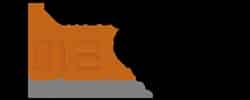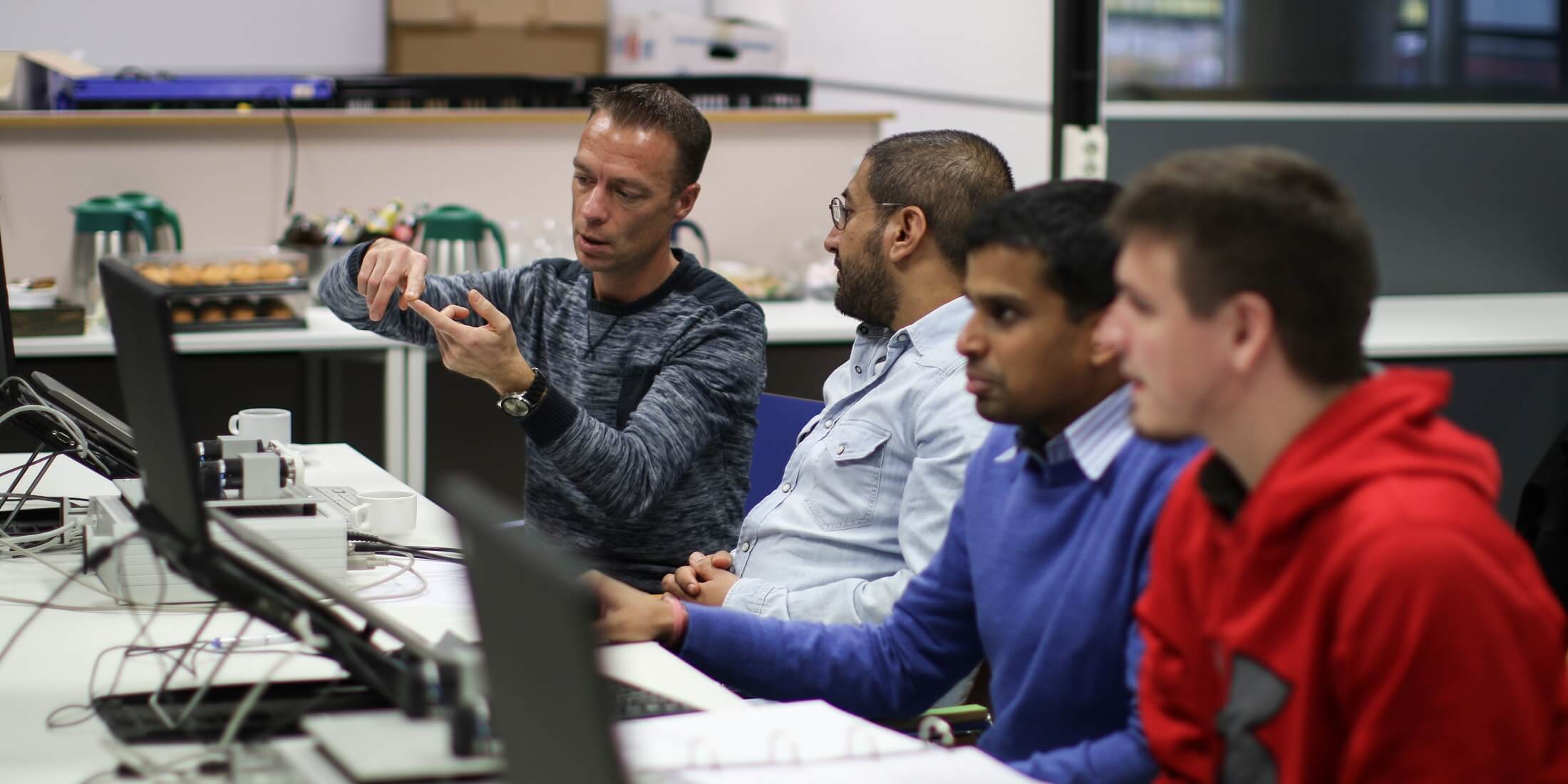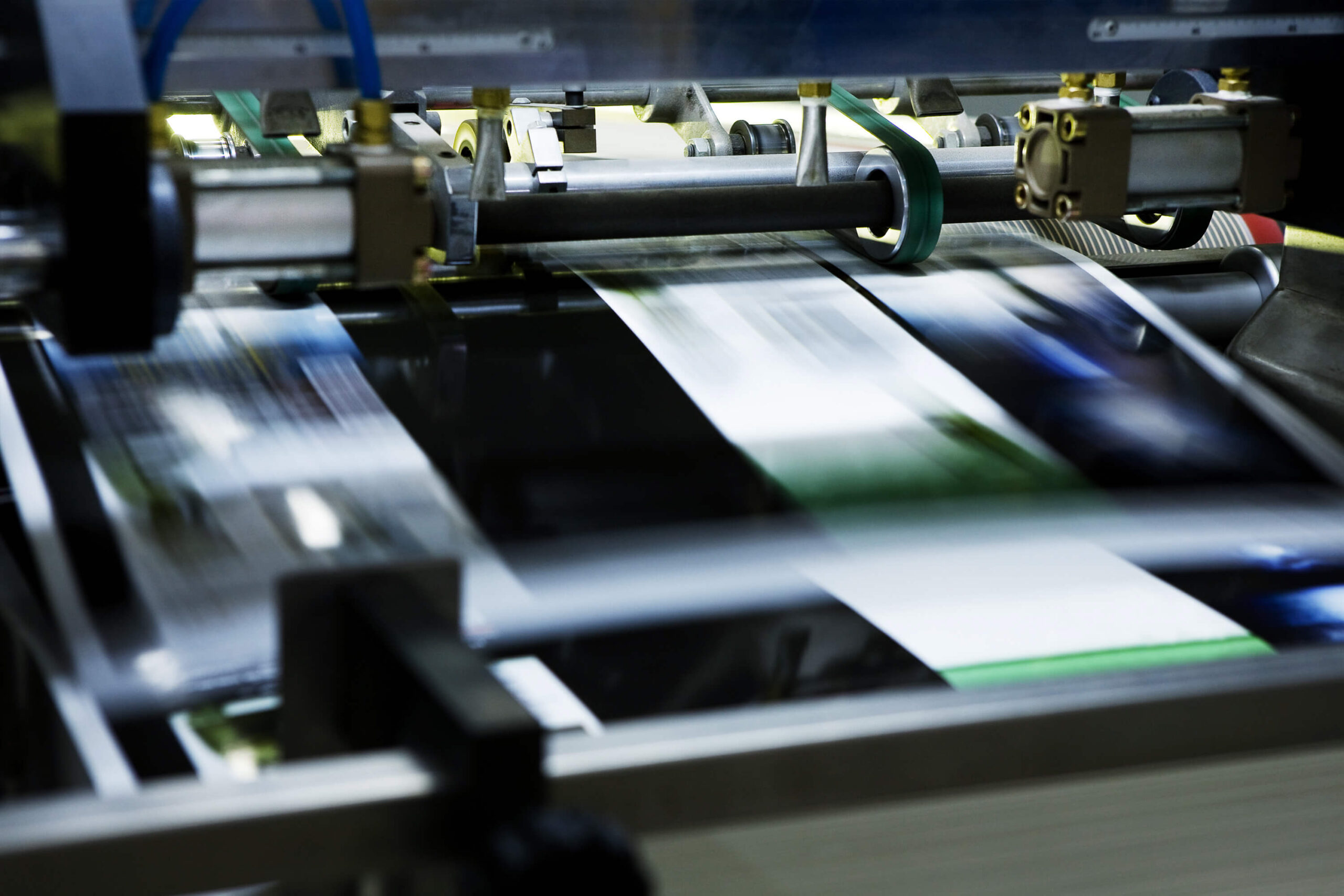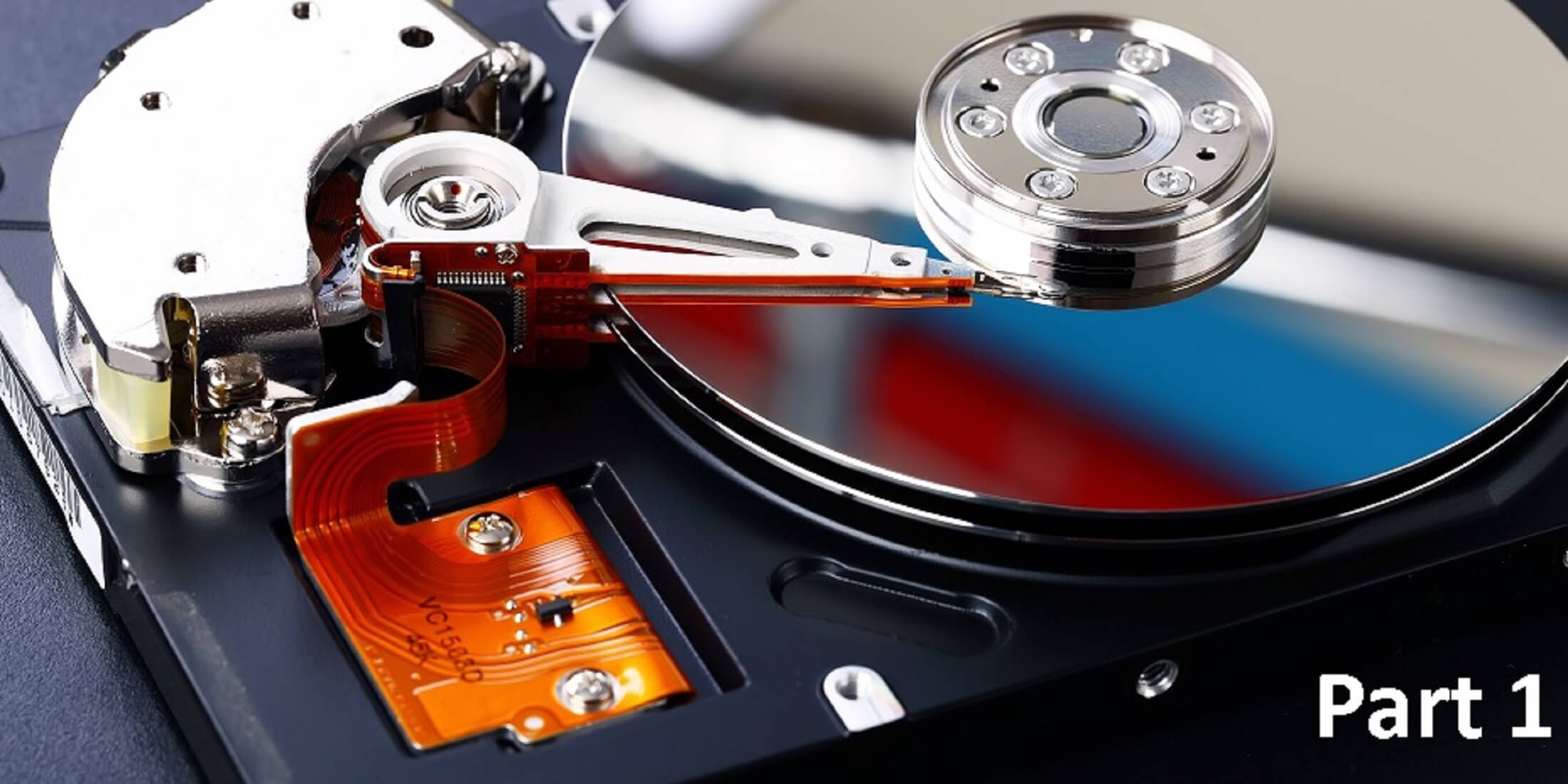This course is certified by the European society for precision engineering & nanotechnology (euspen) and the Dutch Society for Precision Engineering (DSPE) and leads to the ECP2-certificate.
Motion control is essential in any application where accurate and fast movements take place, or where motional disturbances should actively be attenuated. Important examples include positioning a product in a manufacturing line, printing on a sheet of paper, lithographic imaging processes, as well as precision scientific instruments such as atomic force microscopes or astronomical instruments. In this course, you will learn how to perfectly tune such a motion control system in a couple of minutes.
To this end, you will learn both the application aspects of mechanical systems, as well as the required theoretical foundations, where Nyquist and Bode diagrams are demystified. The course consists of alternated sessions of theory and application to a motion system, where you will immediately be able to apply and test your newly developed knowledge in practice.
The course content includes the fast identification of frequency response function models in closed-loop, and appreciate their usefulness by comparing these with time domain approaches. You will be able to interpret these frequency response functions and link them to the physical behavior of the mechanical system, where collocated and non-collocated actuators and sensors are a key aspect. The next aspect is to use these frequency response function models for designing controllers. You will learn to tune PID (proportional-integral-derivative) filters, as well as notch and low-pass filters. Frequency domain techniques are used to specify requirements and assessing closed-loop stability, for which you will learn how to use Bode diagrams and Nyquist plots. Your newly developed skills will be directly tested in the loop-shaping game, where you are challenged to tune for the highest performance and compete with the other attendees of the course. In the final part of the course, the performance limitations are further investigated, and further appreciation is given to the collocated and non-collocated control situation. Furthermore, the feedback controller you have designed is complemented with a feedforward controller. Again, a systematic tuning procedure is developed in the same spirit: it allows you to perfectly tune the feedforward controller in a few minutes. In the final session, an outlook is given on extensions, including multivariable feedback loops and learning techniques for automated tuning.
This training is available for open enrollment as well as for in-company sessions.
Objective
The objective of this course is to provide hands-on tools for you to be able to efficiently tune feedback and feedforward controllers for motion systems yourself. You will be able to use both time domain and frequency domain techniques to quickly analyze and design controllers for industrial servo systems. Indeed, you will be able to judge what the maximum performance is and which aspect is the limiting factor. Also you will gain practical experience with implementation and analysis instrumentation.
Target audience
This course focuses at engineers who are involved in controlling mechanical servo systems and want to gain more insight into the possibilities and limitations of servo control in an industrial setting. The course is particularly interesting for at least two distinct types of participants.
Firstly, engineers who touch upon control systems in their daily activities, and want to get a deeper understanding of stability theory, Nyquist plots, Bode diagrams, and filters for tuning, will be able to develop their theoretical foundations of the field directly tailored to the needs of their applications.
Secondly, the course is of key interest to engineers who have an academic training in the theory of control systems, and want to polish their design skills and learn to apply them on actual motion systems.
Participants are expected to have Bachelor or Master education in electrical engineering, mechanical engineering, mechatronics, physics, or equivalent practical experience and need some basic understanding of servo control.
With three-quarters of our attendees coming from abroad, the course offers a rich, globally diverse environment for knowledge exchange. If you are coming from abroad, you can find useful travel information here.
Participants who already have a good working knowledge of control systems and are interested in advanced techniques for multivariable systems of learning algorithms are encouraged to contact us, in which case the follow-up courses "advanced motion control" and "advanced feedforward and learning control" are possibly relevant.
Program
The course continuously alternates between lectures and hands-on sessions with experiments. The experiments are done in groups of two, where we will provide a motion control system with Matlab/Simulink interface that allows the participants to implement their control algorithms in an efficient manner.
Day 1
- Modelling of mechanical servo systems
- Time domain tuning
Day 2
- Introduction to frequency domain
- Stability in open and closed loop
Day 3
- Experimenting in the frequency domain
- Mechanical design for servo control
Day 4
- Filters as controller enhancements
- Design competition: loop-shaping game
Day 5
- Design for performance
- Feedforward steering
- Interaction between control loops
- Learning control
Certification


More information
Course Reviews

.jpg)







